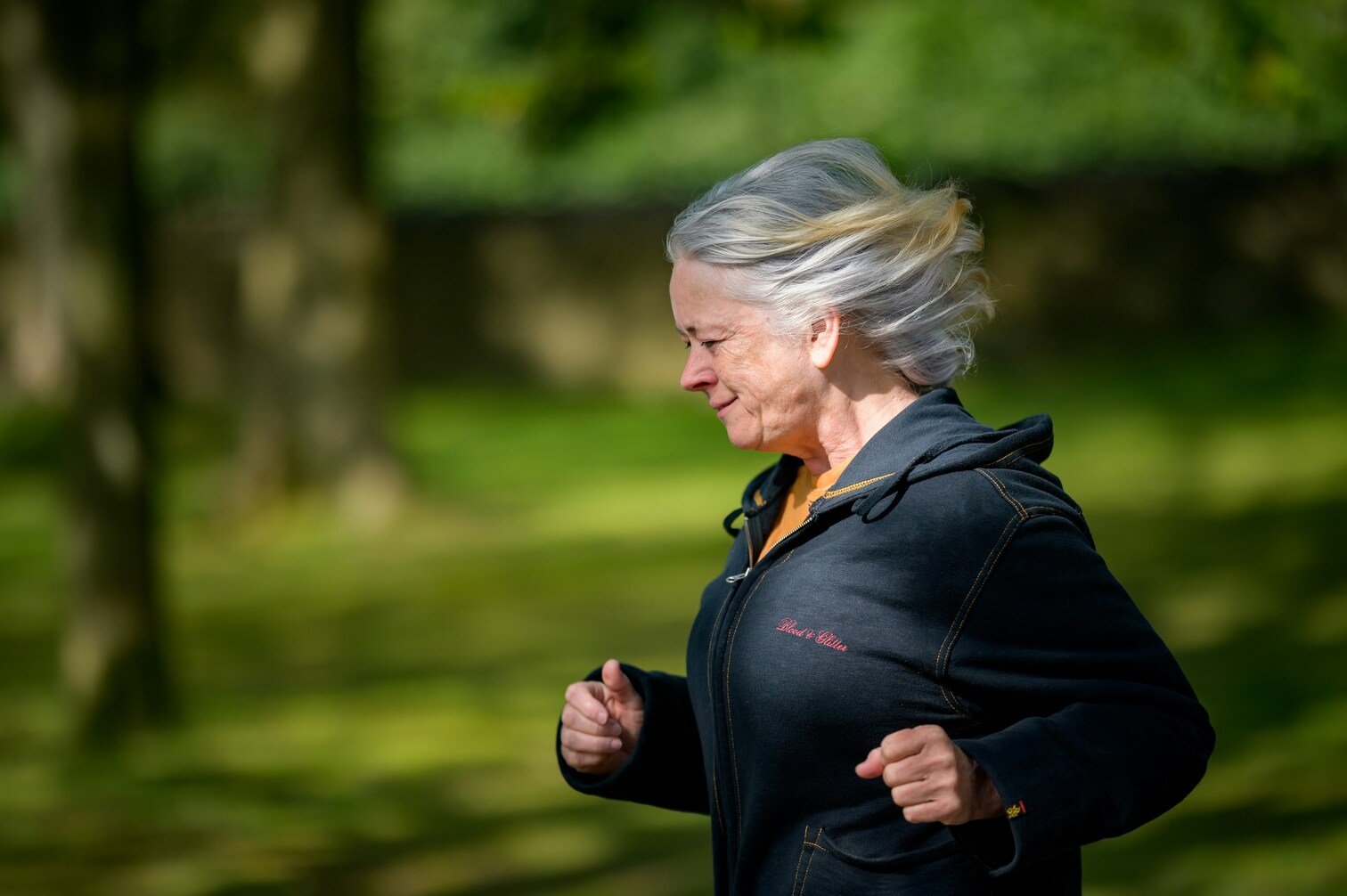Before the 25th of April 1974, women in Portugal faced even greater discrimination and inequality in various aspects of life, including access to education, the labour market and civil rights. With the Carnation Revolution, many changes took place in the Portuguese society. The new Constitution of 1976 established principles of equality between men and women before the law. This provided a legal basis for the promotion of women's rights.
In 1974, women voted for the first time. In 1976, the husband's right to open his wife's mail was abolished. In 1978, the Civil Code was revised and married women no longer had the status of being dependent on their husbands.
What other major changes did the Revolution of '74 bring to women?
Women gained strength after the revolution, pushing for significant changes in legislation and society in general. There were important advances in several areas:
- Equality in the workplace: Laws were implemented to guarantee equal opportunities in employment and to combat gender discrimination. This included the prohibition of gender-based wage discrimination and women's access to leadership and management positions.
- Education: There was greater investment in the education of women and girls, encouraging their participation at all levels of education.
- Health: Policies have been implemented to improve women's health, including access to reproductive health services and contraception.
- Civil rights: Women have gained more autonomy and decision-making power over their lives, including the right to divorce, property ownership and child custody.
- Awareness: There has been an increase in awareness of gender issues and violence against women, leading to the creation of organisations and programmes to combat sexism and support victims of domestic violence.
These changes represented a significant advance in the promotion of gender equality in Portugal after 25 April.
What challenges do we face?
Although there have been significant advances since 25 April, there are still challenges to face in relation to women's rights, such as gender-based violence, the pay gap and fair political representation.
For example: Organic Law no. 3 of 2006, the so-called Parity Law, is the first legal realisation of the introduction of gender quotas in Portuguese politics. However, it wasn't until 2015 that parity was achieved in parliament and it wasn't until 2021 that the parity law was applied to local elections!
Regarding the pay gap: Article 13 of the Diário da República No. 86/1976 guarantees the principle of Equality. Is this true in reality? No! Despite the fact that women have acquired higher levels of education than men, there are glaring inequalities: when they enter the labour market, women in the European Union earn 16% less per hour than men.
And what about the impact of women on Boards of Directors? What is the state of female leadership in Portugal?
What we do know is that when they leave university, women are better prepared, have better grades, better performance and that their career path up to the age of 30 is always upwards. Then the downward curve begins, which corresponds to the period of motherhood and raising children. When they return to work, it is difficult for women to reach the top of the career ladder and when they do, they earn 26 per cent less than men.
This is happening all over the world. I confess my enormous admiration for Professor Claudia Goldin, this year's Nobel Prize winner in Economics. A professor at Harvard, she is 77 years old. Claudia Goldin has studied 200 years of women's participation in labour markets in depth and has shown that, despite continued economic growth, women's salaries are not keeping up with men's and there is still a huge gap. Women are still under-represented and earn less than men.
So what needs to be done?
Portugal is majority female. 52 per cent are women, and yet, as we have seen, we are still rife with inequalities. We now need to reverse the inequalities that still exist at an economic, political, social and cultural level. We need egalitarian public policies, but for that we need legal frameworks.
We need equality of income, opportunity, race, religion and age.
The problem is that there is a long way from theory to practice.
If we need public policies, we also need qualification programmes that generate equal opportunities. This is exactly what the Antonio Cupertino de Miranda Foundation does, in fulfilment of its mission, the Sustainable Development Goals (SDGs) and ESG (Environment, Social, Governance) in which it focuses on the S (social).
The Foundation designs and implements financial education programmes. Financial education promotes gender equality (which is SDG 5) because it empowers boys and girls, men and women financially. Financial education is one of the strategic pillars of the Antonio Cupertino de Miranda Foundation's programme, which was considered a foundation in Portugal that has the potential to influence public policies, policies that help change lives. And open doors to change.



